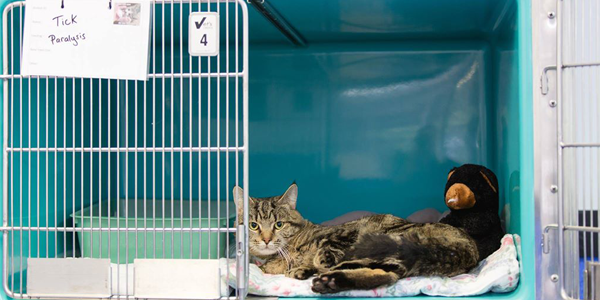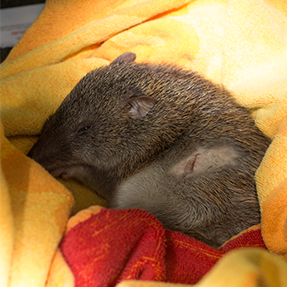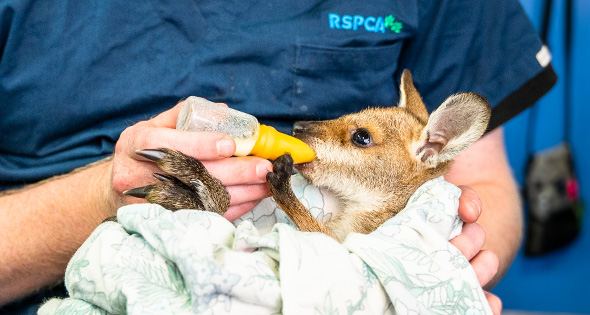Ticks can cause severe illness in our domestic pets and often death. Stay up-to-date and be vigilant.
They may be small, but they are one of the most dangerous parasites affecting domestic animals! Mild winters and lots of rain at the start of spring and summer contribute to the rise in tick cases.
Ensure that you keep up with your pet’s tick/ flea treatment and check them thoroughly on a daily basis. When checking your pet for ticks, feel for small lumps, not just on their torso but also in 'hidden' places, such as under the collar, between toes and inside their ears. Check out the type of ticks you may come across on our blog article: Ticks and your pet: What you need to know.
An unsteady staggering gait, a dry cough, and even just a change in the animal’s bark or meow may be early symptoms of tick toxicity and the animal should be examined by a vet promptly.
Tick Tips:
- CHECK! Run your hand over their body and feel for any unusual lumps or bumps daily. Not only on the surface, nasty ticks can be hiding in soft paw pads, under collars, even in the gum line. Be vigilant.
- PREVENTION! Use products such as Nexgard, Bravecto, tick collars, shampoos and rinses designed to prevent ticks. Check out our RSPCA World for Pets store for products and chat to your local vet. Keep cats indoors, outdoor cats may not make it home in time to get help if affected by a paralysis tick! https://www.worldforpets.com.au/categories/Flea-Vet-Lines.
- REMOVAL! If you find a tick on your pet, it is best to remove it as quickly as possible. Use tweezers or a tick removal system (found at World for Pets). Ensure you have removed the head of the tick as well.
The quickest acting insecticides to kill ticks found on your pet are those based on pyrethrin or similar chemicals such as bioresmethrin or tetramethrin, commonly found in personal liquid insect repellents. Be careful with pets that have sensitive skin. Don’t forget to monitor your pet after you have removed a tick just in case they show symptoms of paralysis.
Some cats and dogs do not show the typical hind limb paralysis at first. Initially they may only exhibit a gurgling, choking cough. Generally their condition quickly deteriorates in comparison to those showing hind limb weakness etc. If you see any of these symptoms contact your vet and search your pet for ticks.
We are looking for foster carers to help with pets in our care recovering from paralysis ticks. If you can assist, contact us via [email protected] or apply online: www.rspcaqld.org.au/volunteer/foster
For further explanation on ticks see the RSPCA Knowledgebase. For a list of tick/ flea prevention methods including washes, collars, sprays, spot-ons and tablets see the World for Pets website. Remember that some dog tick treatments are actually poisonous for cats. Speak to your local vet about tick prevention for your cat this summer.









